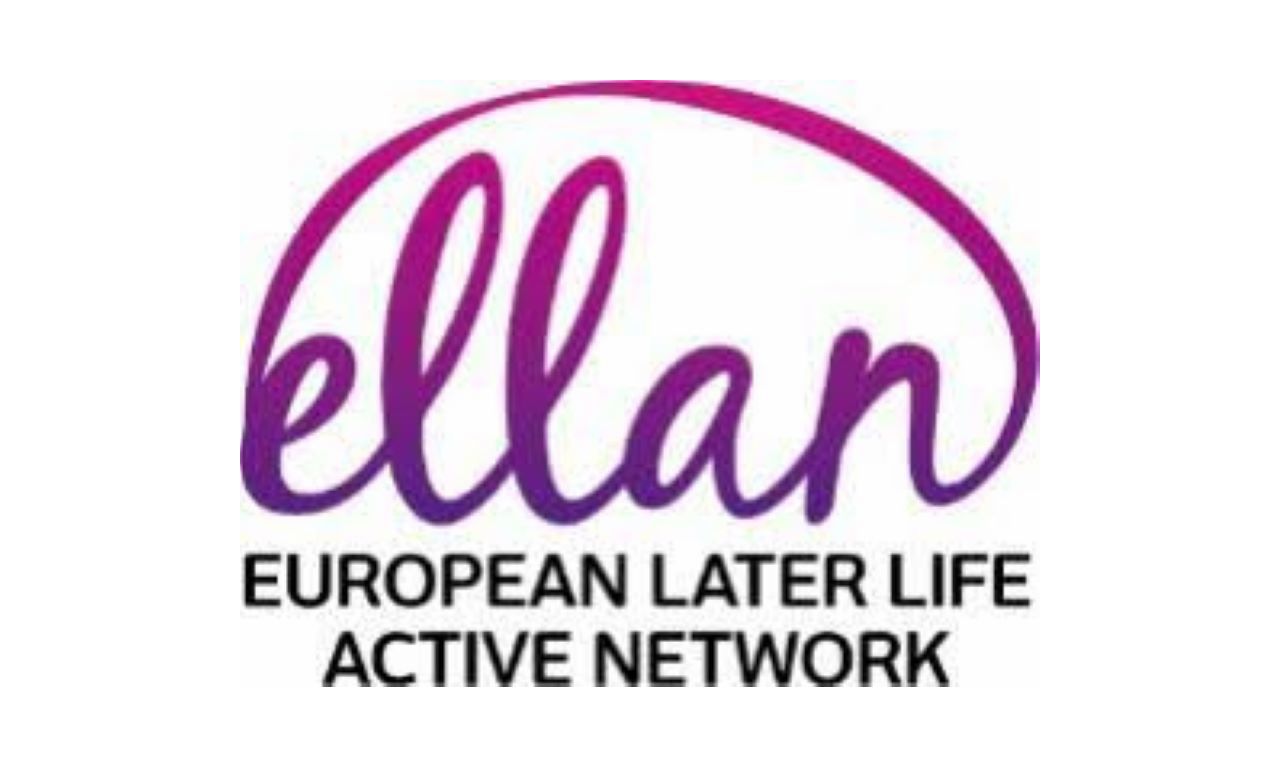ELLAN – European Later Life Active Network (ELLAN)

Aim
Throughout Europe population is ageing rapidly. This demographic trend presents society with enormous challenges including a growing demand for care and caregivers with specific competencies in caring for older adults. Europe faces severe population ageing in the near future. A new vision of ageing and promotion of positive possibilities in older age is needed. The challenge is how to transfer this vision into practice. Higher education institutions have a crucial role in meeting this challenge. The project’s basic idea was to find professional answers to newly created needs of older people in Europe. First and foremost, this refers to their health and social needs without being limited to a traditional health approach.Full Description
This project promoted European cooperation and exchange of innovation and good practice related to the ageing population and to the educational preparation of those that work with older people. The project reconstructed the diverse educational approach by developing a European Competences Framework for working with the older people, sharing innovation in teaching and identifying factors that influence students in choosing to work with older people thus strengthening the quality of higher education for professions providing care for older people.
The project is to share and distribute good practice and innovation related to Ageing. The outcome of the project is better quality of higher education related to the care of people in later life.
The main aim was achieved by
- discovering older people’s thoughts on the knowledge, attitudes and behaviours of health and social care professionals when working with older people,
- analysing research and literature on competences required in older people’s care,
- exploring professionals’ views of desired competences for all working with older people
In addition, the project aims to positively influence health and social care professionals’ interest in working with older people, this were achieved by
- exploring with students of social and health care, the factors that inhibit or facilitate working with older people
- identifying and sharing innovative learning approaches to working with older people – exemplars of good practices across Europe.
The project directly targets educators and management staff at the partners and other higher education institutions in Europe. The indirect target groups are the students, professional communities and older people themselves.
The consortium conducted analyses of competencies required of personnel working with older people from the viewpoint of literature, research, professionals, students and older people themselves. The results were exploited in the development of higher educational curricula, as well as the promotion of a more positive vision of working with older people through national and European networks.
The European Competences Framework, along with best practice in teaching will improve the quality of education for health and social care professionals and positively influence their motivation to work with older people. Thus, the impact of ELLAN consists of better education, enhanced mobility of personnel and improved older people’s care in Europe.
This project has been funded with the support of the Lifelong Learning Programme of the European Union
Project partners:
- Savonia University of Applied Sciences, Finland – Project coordination
- Karelia University of Applied Sciences, Finland
- Liverpool John Moores University, UK
- Medical University “Prof. Dr. Paraskev Stoyanov” – Varna, Bulgaria
- Universidad de Granada, Spain
- University College Cork, Ireland
- National and Kapodistrian University of Athens, Greece
- Public Open University Zagreb, Croatia
- RĪGA STRADIŅŠ UNIVERSITY Liepāja branch, Latvia
- University of Maribor, Slovenia
- Hanzehogeschool Groningen HanzeUniversity of Applied Sciences, Netherlands
- Kauno Kolegija / Kaunas University of Applied Sciences, Lithuania
- Uniwersytet Mikolaja Kopernika, Poland
- Dokuz Eylul University, Turkey
- University Stefan cel Mare of Suceava, Romania
- Tartu Health Care College, Estonia
- Instituto Politécnico de Setúbal, Portugal
- Scuola Universitaria Professionale della
- Svizzera Italiana, Switzerland
- University of Applied Sciences Hamburg, Germany
- University College of Northern Denmark, Denmark
- Sapienza University of Rome, Italy
- Universita’ ta’ Malta/University of Malta, Malta
- Cyprus University of Technology, Cyprus
- Semmelweis University Faculty of Health Sciences, Hungary
- Katholieke Hogeschool Leuven, Belgium
- Carinthia University of Applied Sciences, Austria
Step by Step Explanation
-
1
Literature review and desk research conducted in order to explore the competences required in older people’s care, especially focused on the European situation.
-
2
Research to explore older people’s perceptions and ideas about the required and desired competences of professionals working with the population in their later life.
-
3
Research and analysis of professionals’ (working with older people) views on the competences required in working with older people.
-
4
Research and analysis of the factors that influence health and social care students’ views of older people and working with older people.
-
5
Research aiming to gain insight how education should be organised to encourage students to choose to work with older people. Consequently, best practices and innovative teaching and learning methods were identified, and exemplars of good practices were provided.
-
6
A European Competences Framework for working with older people in health and social work was formulated.
Results
Implemented Methods
Desk research
Desk research was conducted to identify innovative and effective learning/teaching approaches for working with older people. The desk research was focused on innovative and effective learning/teaching approaches used in training of health and social workers and focused on supporting interaction skills. Innovative learning approaches for working with the elderly were identified; opportunities were described. Based on this inventory, best practices and innovative teaching methods were identified based on the research, and exemplars of good practice were provided and used in Competences Framework
Interviews
Semi-structured Interviews were conducted to explore older people’s perceptions and ideas about the required and desired competencies of professionals working with the population in their later life. Empirical work was conducted in five countries, so that the views of elderly people from different regions of Europe could be fully considered and integrated in a culturally comprehensive framework (a qualitative approach; sixteen semi-structured interviews in each country).
This methodology permits elderly people to express their ideas and perceptions in an in-depth and freely way, giving the space and time that is offered to elaborate on specific needs and desires which can be oriented by cultural, social/environmental or individual factors.
Focus Groups
Focus groups in which were representatives of project partners were conducted to define and monitor performance indicators (metrics), assess the quality of the project results, its progress and impact. Focus groups are important part of the evaluation process (formative and final evaluation) and enabled information about dynamics of the project implementation, challenges in implementation, obstacles for partners in the project, their satisfaction with project management and with the results, suggestions for improvement of implementation.



